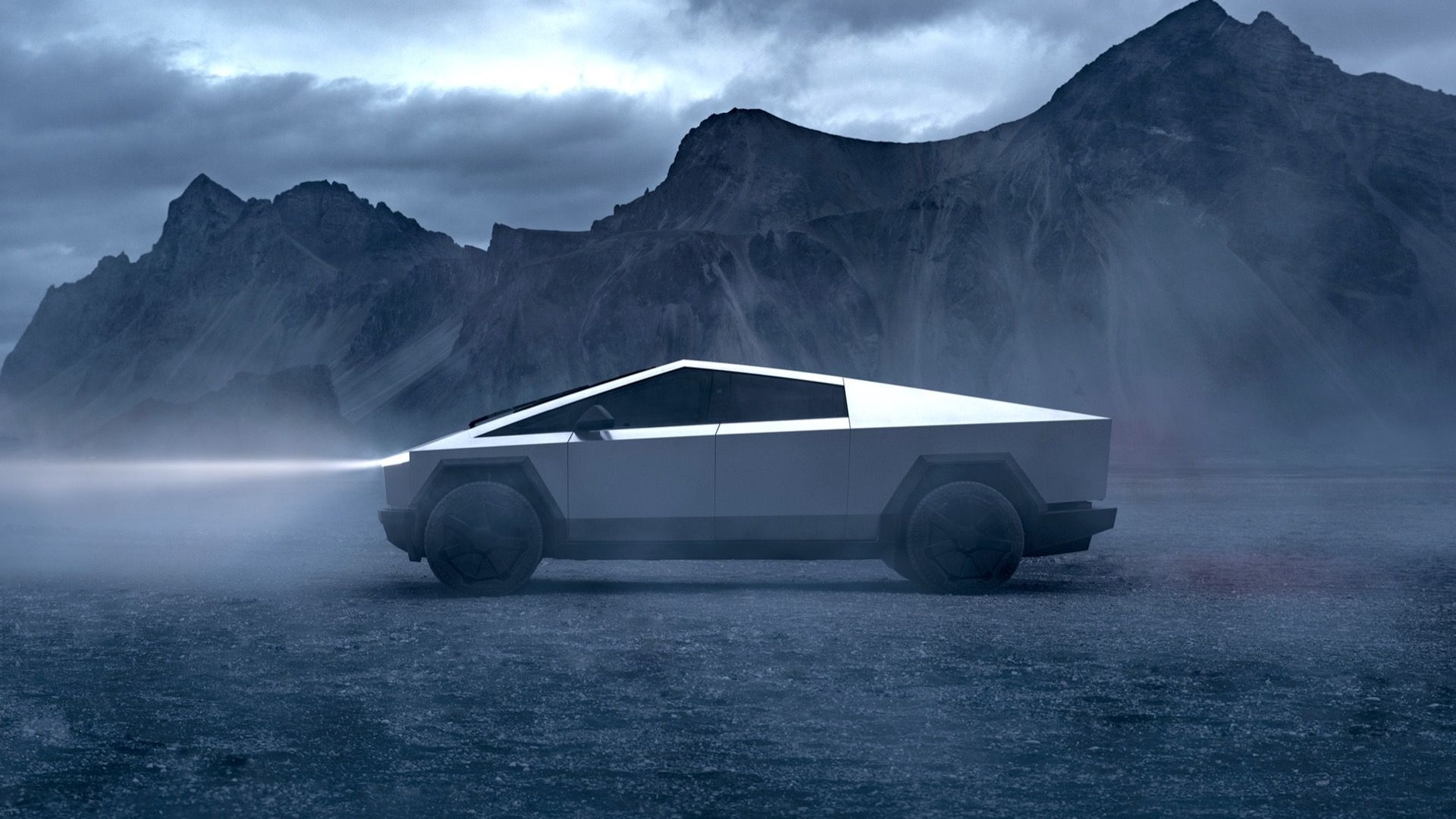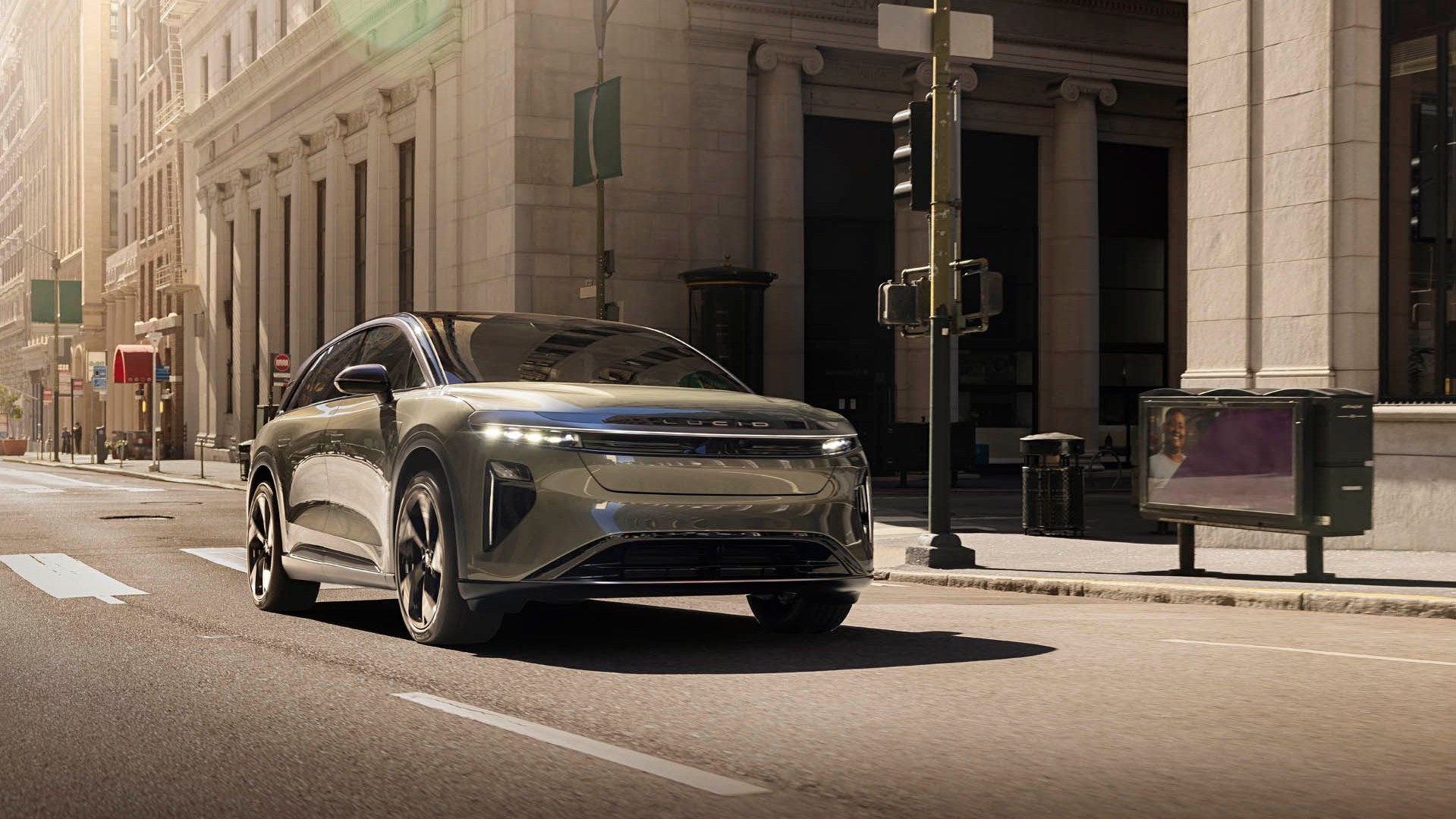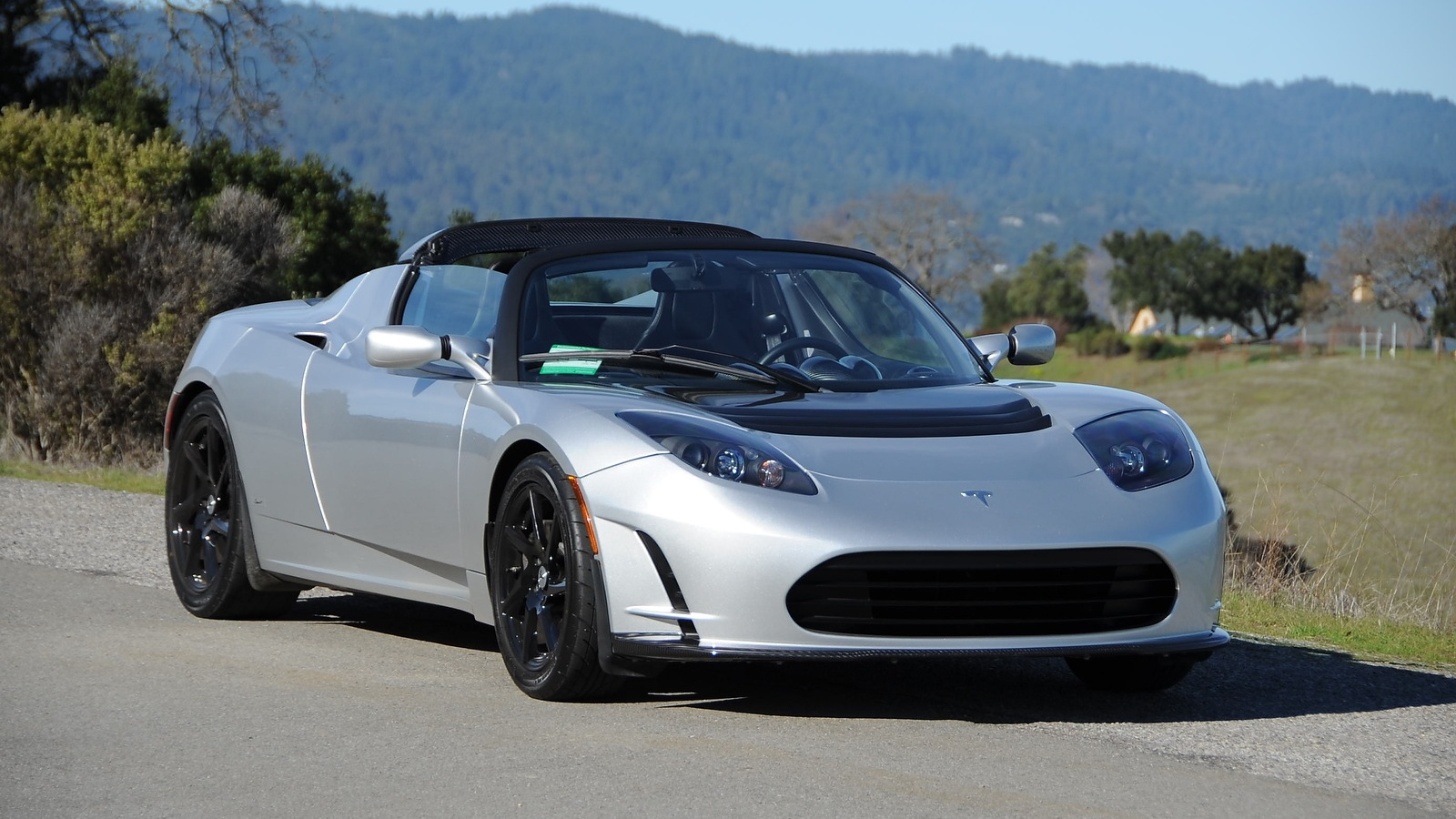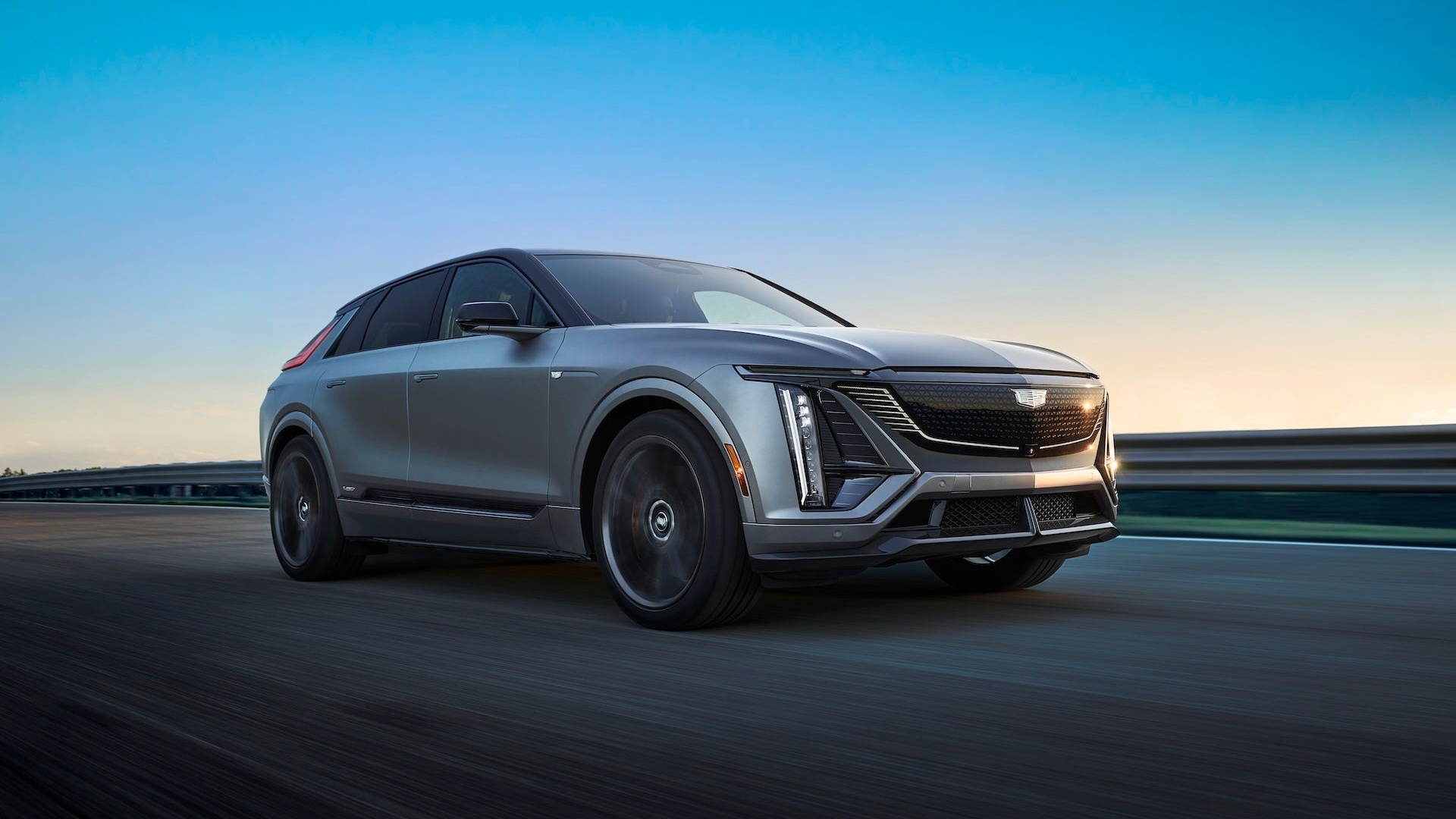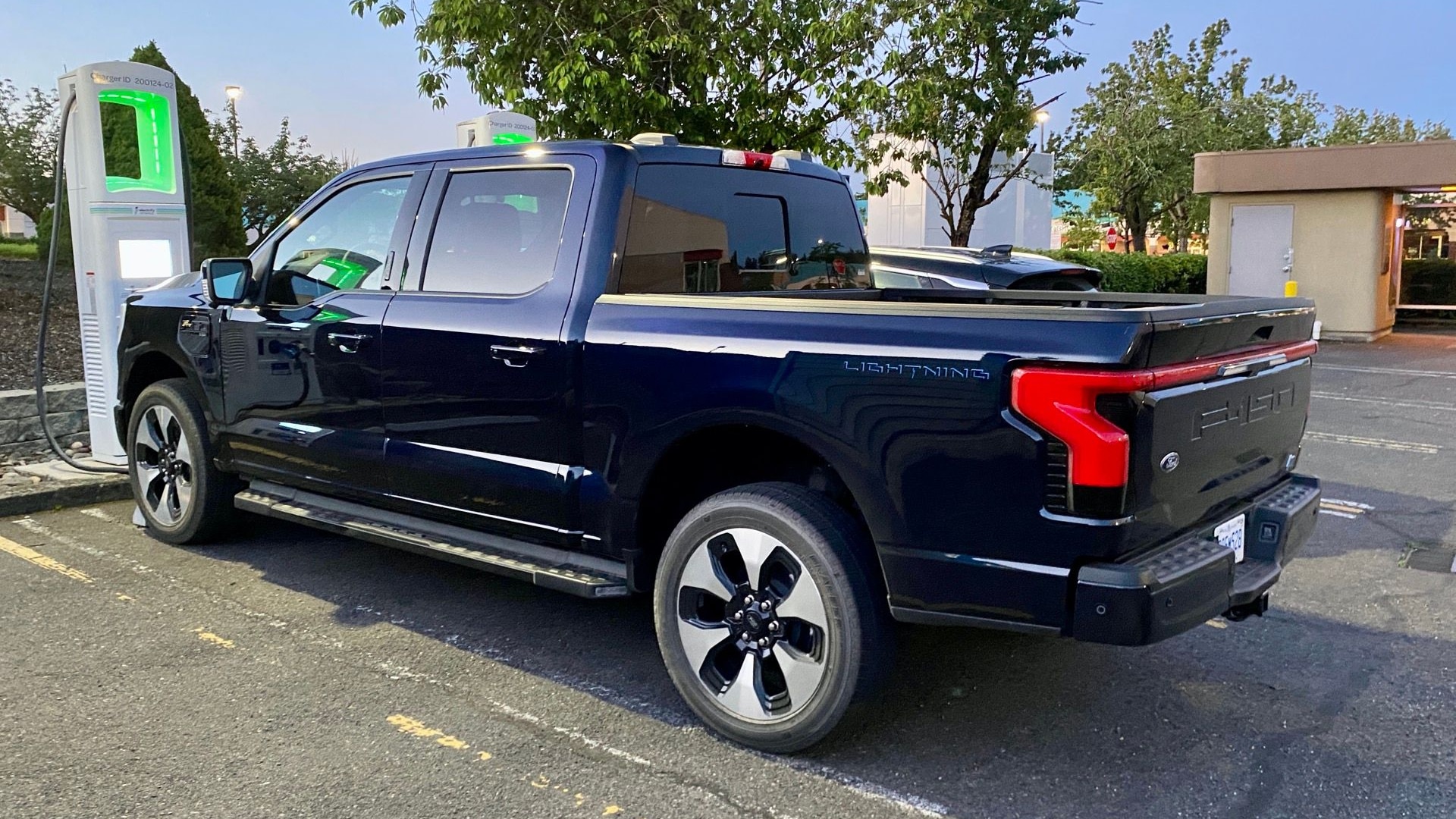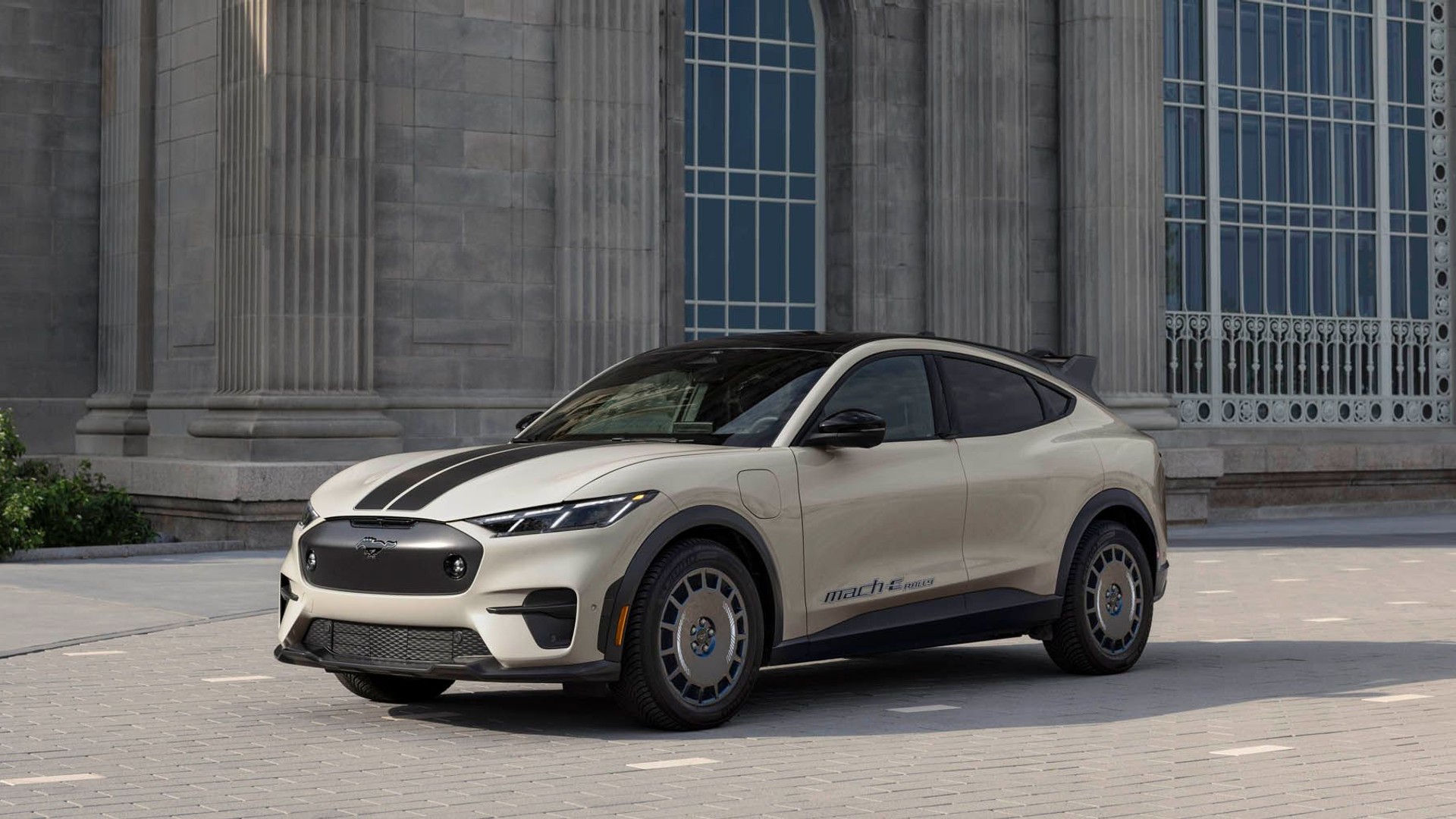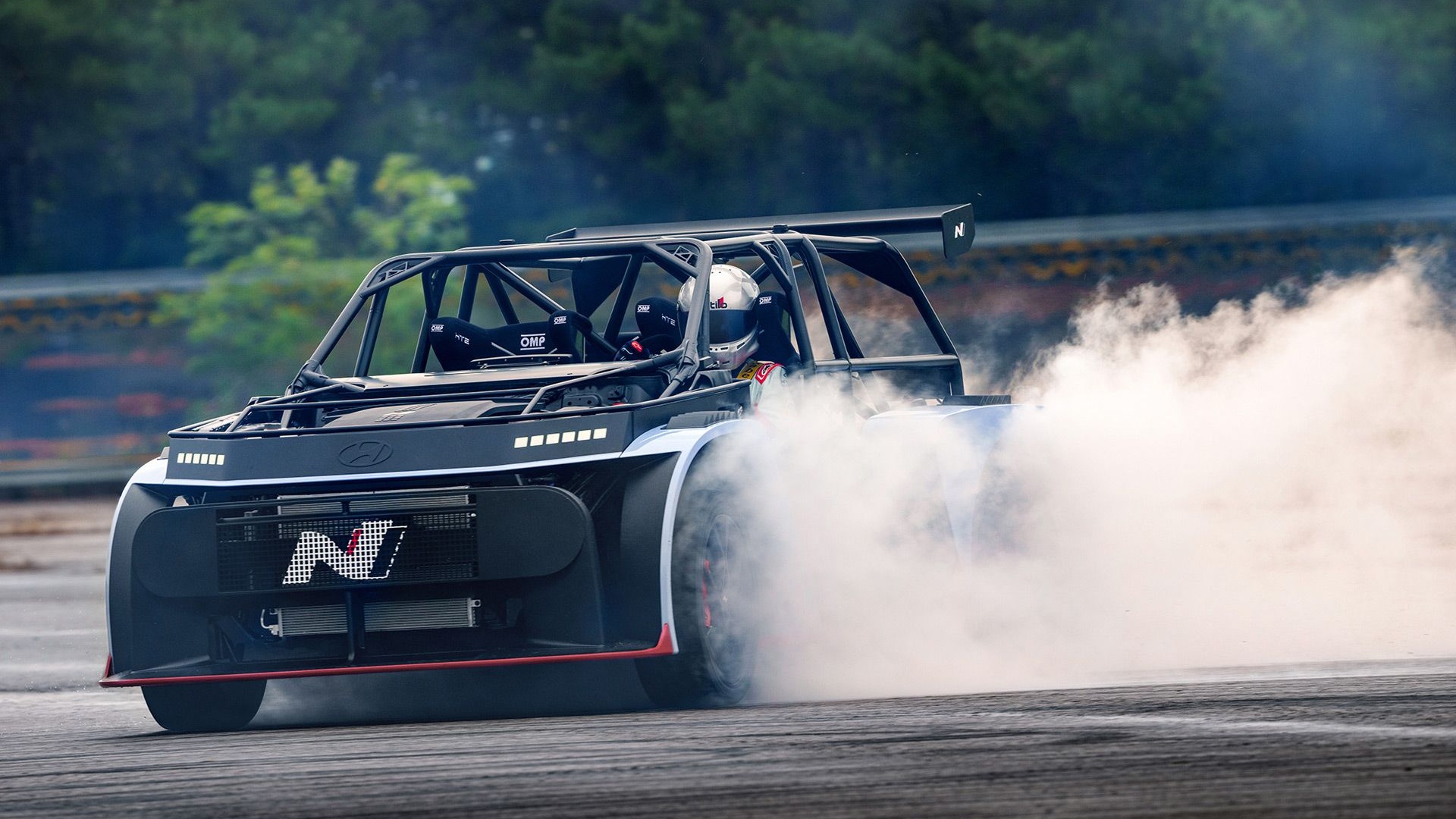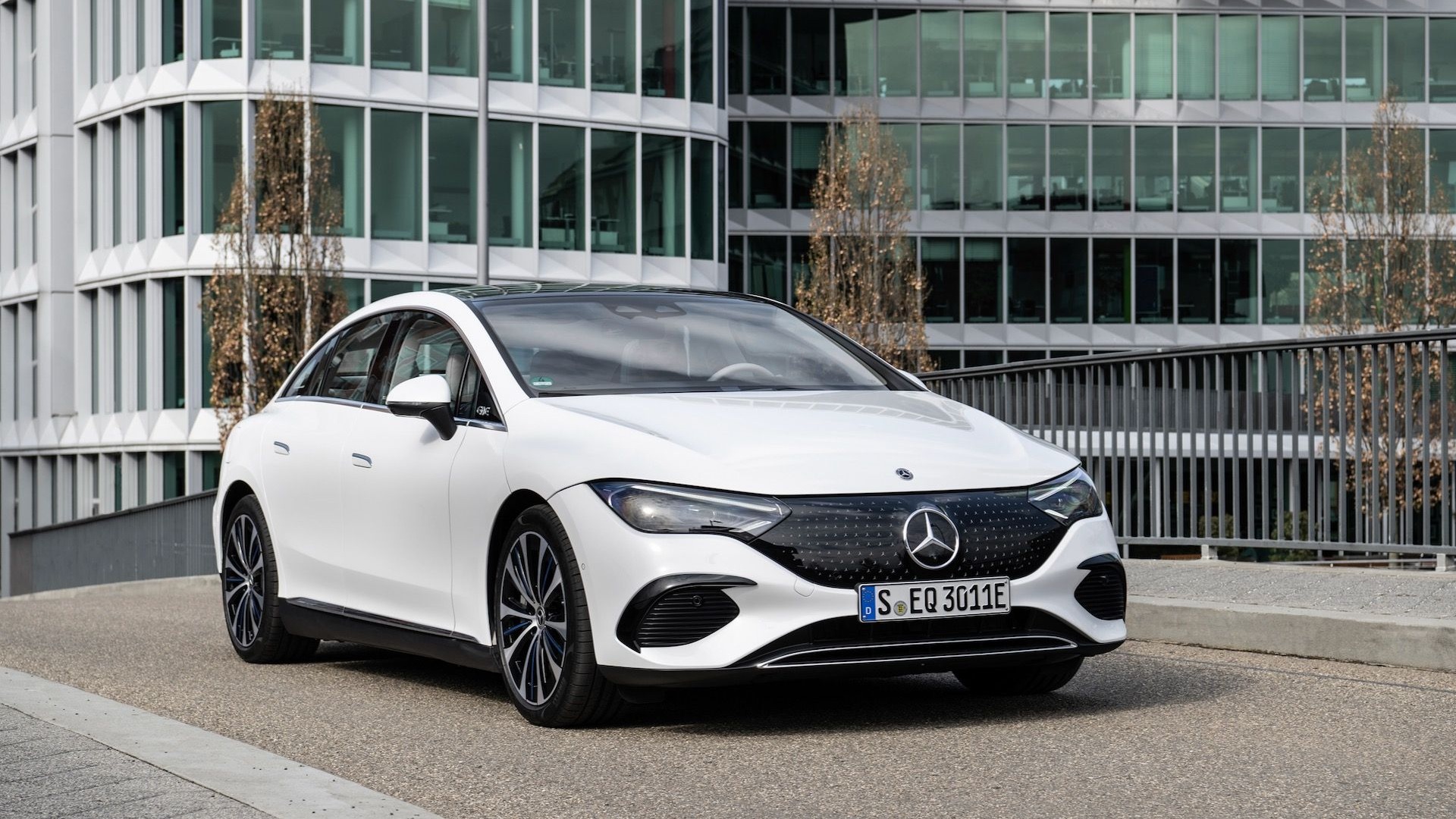The startup Arrival plans to work with Uber to develop an electric car specifically for ride-hailing, but it's unclear if any version of the vehicle might make it to the United States.
The so-called Arrival Car will be designed with input from Uber drivers, with the final design expected to be revealed by the end of this year, Arrival said Tuesday in a press release. The company plans to start production in the third quarter of 2023.
Arrival and Uber "will explore a strategic relationship in key markets" such as the United Kingdom and European Union. The U.S. wasn't mentioned as a potential market, but the release did note that Uber plans to make its ride-hailing service all-electric in both North America and Europe by 2030. Rival Lyft has a similar timeline for going all-electric.
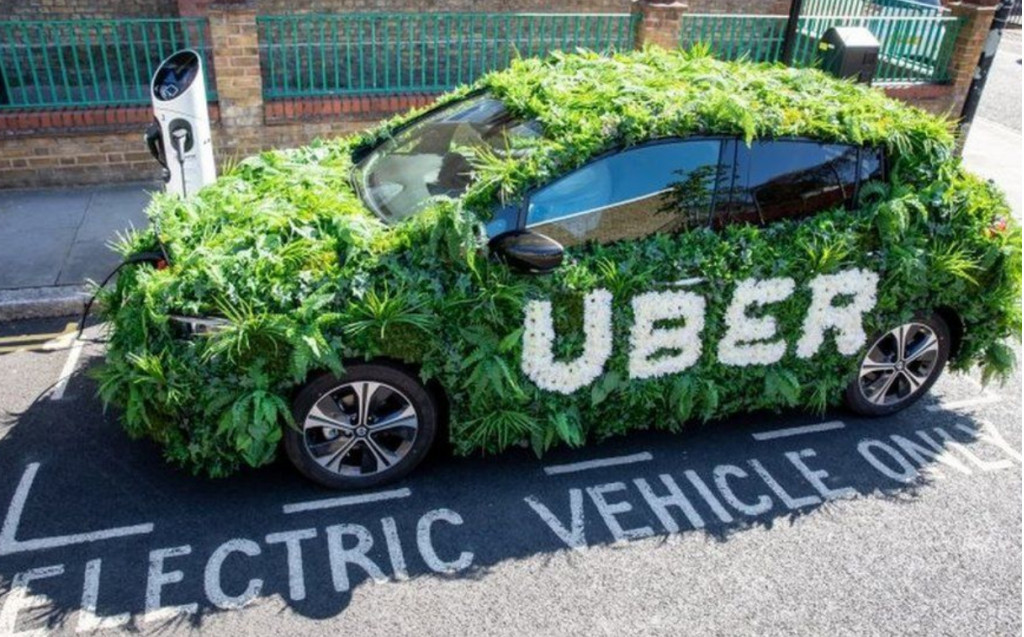
Uber electric car
Uber does have an incentive to invest in a ride-hailing EV. It plans to go all-electric in London by 2025, and California is expected to mandate electric cars for ride-hailing by 2030. A 2020 study from the University of California, Davis, also found that EVs deliver more carbon benefits in ride-hailing than in personal use.
Yet the company's business model (and that of rivals) is based on drivers supplying their own cars, which allows ride-hailing services to avoid the overhead cost of purchasing and maintaining a large fleet of vehicles. The announcement didn't mention any commitment by Uber to buy any cars from Arrival.
Uber's last foray into vehicle development with self-driving cars started with big promises, but resulted in the only known death involving a collision with an autonomous car, and ended with the sale of the self-driving car program to Aurora earlier this year.
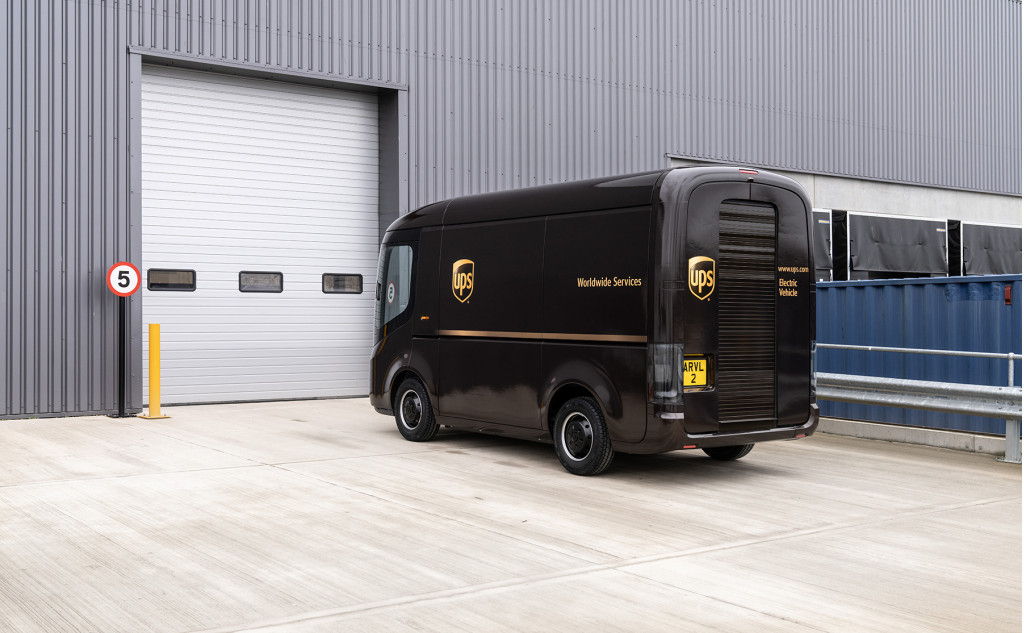
Arrival electric delivery van for UPS
At the same time, Arrival's focus so far has been on larger commercial vehicles. Last week, the startup revealed an electric van it says will start production in Q3 2022, and prior to that it showed designs for an electric bus and a larger electric van to be supplied to UPS.
Arrival hasn't delivered any vehicles yet, but it does plan to open a factory in South Carolina. That factory is slated to build buses—a type of vehicle that's big on efficiency when it comes to moving people around cities, but low on high-tech luster.



